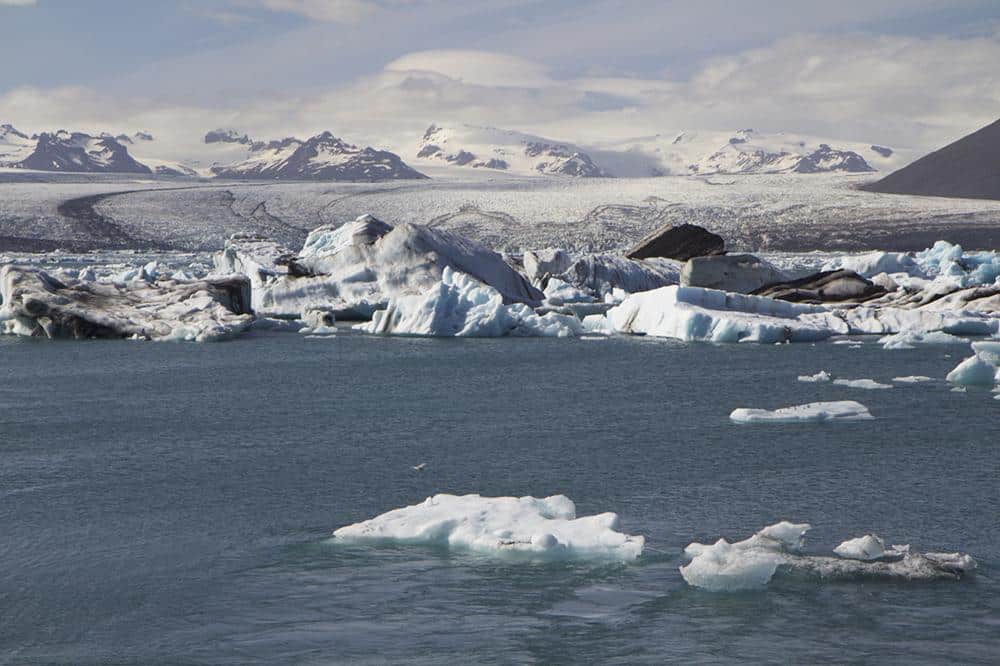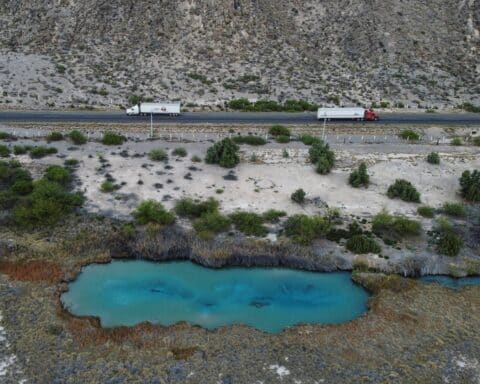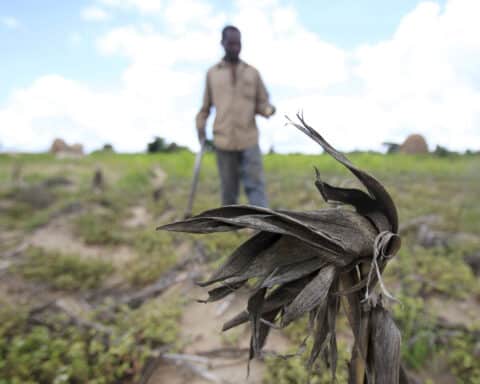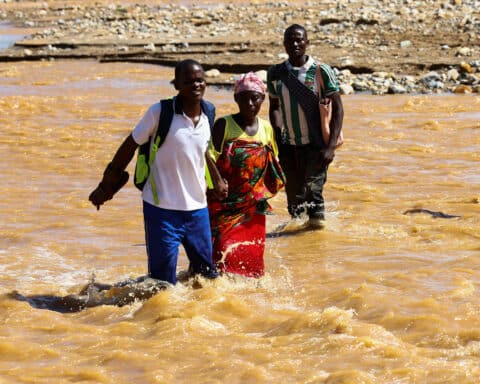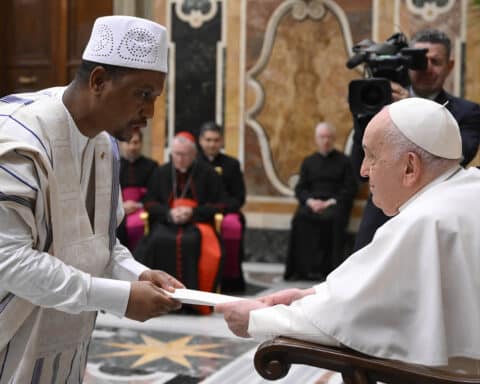
— Henry Simon, Washington, D.C.
Answer: No, you are not required to accept the pope’s judgment on global warming. His mandate to teach is in matters of faith and morals, not in matters of the physical sciences. He has rendered an opinion on the matter and seems to support the theory that human activity is a significant cause of rising temperatures. Some term this “anthropogenic global warming.”
What the pope can rightly teach on is our obligation to exercise good stewardship in terms of the environment and resources of this world. This is a moral obligation we owe in terms of the common good and to future generations. The pope might raise global warming as a possible example of how we may be acting unwisely and unjustly in terms of our use of resources, but he cannot personally settle the issue of whether mankind is actually a central cause of it. That prerogative belongs to scientists.
While many like to call anthropogenic global warming “settled science” or emphasize a wide consensus among climatologists, such terminology is inimical to science. True science is evidence-driven and must therefore be open to new evidence whether or not it confirms or challenges current theories and notions. Many scientific theories, even the most cherished, have fallen or been adapted in the light of new evidence. For example, the theory of a steady-state (unchanging and eternal) universe fell in the 1960s due to strong evidence that the universe is expanding outward at a very rapid pace. It is the nature of science that some theories go away or are qualified based on new evidence or discoveries.
As for the priest, it is unfortunate that he spoke in such a categorical way. We priests do well to preach solid moral principles clearly rooted in Scripture and Tradition and surely not consign as a sin what is scientifically theoretical and over which reasonable people differ.
Communion
Question: My friend is Lutheran, and I’ve been going to church with her. They invited me to receive communion. Am I allowed to do that?
— Bob Mathers, Springfield, Missouri
Answer: No, you ought not receive it. The “Amen” that every Catholic says at holy Communion means, “Not only do I believe that Jesus is present here, body, blood, soul and divinity, but I also accept all that the holy Catholic Church believes, teaches and professes to be revealed by God.”
In a Lutheran liturgy, you cannot truthfully say that you recognize the body of Christ, since we do not believe that Jesus is present in their communion, because they lack a valid priesthood. Neither can you say that you believe whatever the Lutheran denomination teaches, since, as a Catholic, you believe things contrary to what they teach in significant manners.
This is also why we do not offer holy Communion to non-Catholics. Out of respect, we do not usher them forward or pressure them to partake of Communion, which requires an “Amen” they are not ready to make.
Msgr. Charles Pope is the pastor of Holy Comforter-St. Cyprian in Washington, D.C., and writes for the Archdiocese of Washington, D.C. at blog.adw.org. Send questions to msgrpope@osv.com.

